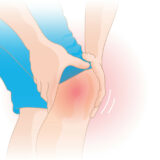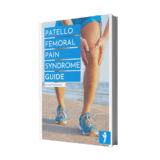Low back pain is the cause of one of the most common injuries in the regular population. But what can be the cause of your low back pain? Well stay here and find out. In this blog, we will discuss all the different causes for your low back pain.
Information to empower you
Physiotherapists are specialized in musculoskeletal disorders meaning we identify pathology in the muscles, bones, tendons and joints integrating the nervous system as well as personal and environmental factors in the diagnostic process. But some diseases can mimic e.g. neck and shoulder pain but actually aren't. In this blog post, we will discuss signs and symptoms that you can identify yourself where we would recommend to consult with your physician.
Do you know the moment that you bend over to pick up a pen, toy or laundry and you feel nagging discomfort in your lower back? Well today, we’re going to talk about that feeling “low back pain and what to do about it”.
Who hasn’t heard this as a kid or from their friends? People have the deeply rooted misconception that standing up straight is the best posture for your body and health. A whole industry has been created around the idea that there is such a thing as the perfect posture and a myriad of products flooded the market claiming to be the solution to health problems arising from "bad" posture. From inlays, to back braces or smart clothing that would zap you if you adopt a slouched position. Standing up straight is good for a couple of things, your confidence level and your height. But there are no good studies that found any connection between what we assume as bad posture and actual health problems.
In our daily practice we come across a plethora of patients who blame their leg length discrepancy for their knee, hip or low back pain. Many of them were informed about the leg length difference by their general practitioner, specialist or physiotherapist. This can create a worrisome attitude and fear that their situation might lead to poor alignment of the pelvis and spine. Let’s go through a couple of questions together to see if you are really suffering from a leg length discrepancy that requires action:









